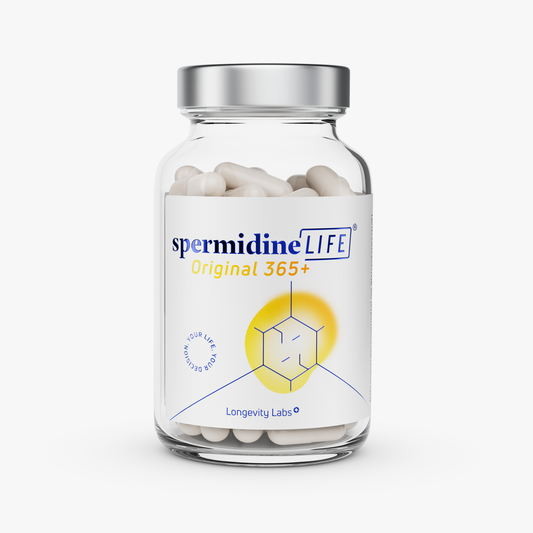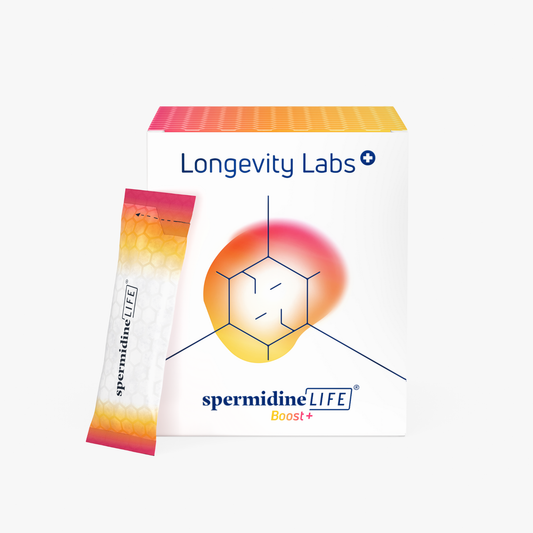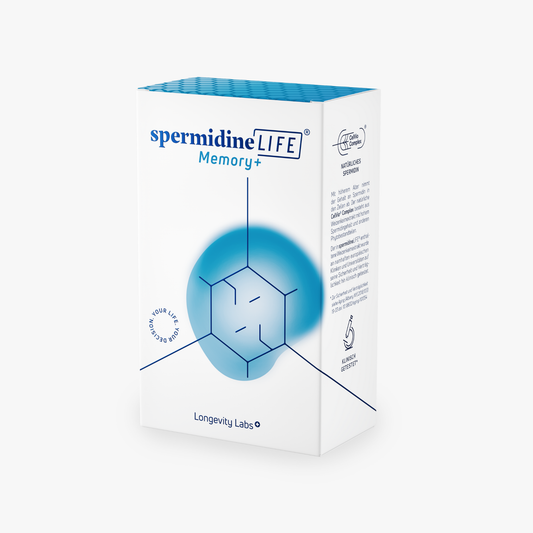
This is what happens in your cells when you exercise
Cell Diary, TLL LongevityLabsDear Diary,
When my human does sport, a lot happens in the body: the muscles work at full speed, the heart beats faster and breathing becomes deeper. Today I'll give you a little insight into the world of cells during sport.
When my human exercises, the muscles are activated and they work more intensively. This triggers a series of biochemical reactions in my neighbors, the muscle cells. For example, they break down glucose, i.e. sugar, and fatty acids and use them to generate energy.
The muscle cells need a lot more oxygen when exercising than usual, so the heart has to pump a lot more blood through my human's body than usual. Here the body has a trick: first, it produces a lot of nitric oxide. This molecule causes the blood vessels to expand, allowing more blood to be pumped through the body. Clever, right? But it gets even better: if my human exercises regularly, the heart muscle cells are also trained and the heart can work more efficiently in everyday life.
After exercise, you can feel the relaxation. Your heart rate slows down, your breathing calms down, and we cells can go into recovery mode. Then it's time to replenish our energy reserves and regenerate our muscles. We cells work as a team to ensure that our bodies can recover optimally after exercise.
When my human does sport, he sets certain cellular processes in motion that don't occur very often in our everyday lives, but are nevertheless important for the body. That's why I think it's good that my human exercises regularly, because that's the only way we can keep him healthy for a long time.
Stay cell fresh,
Zellis






